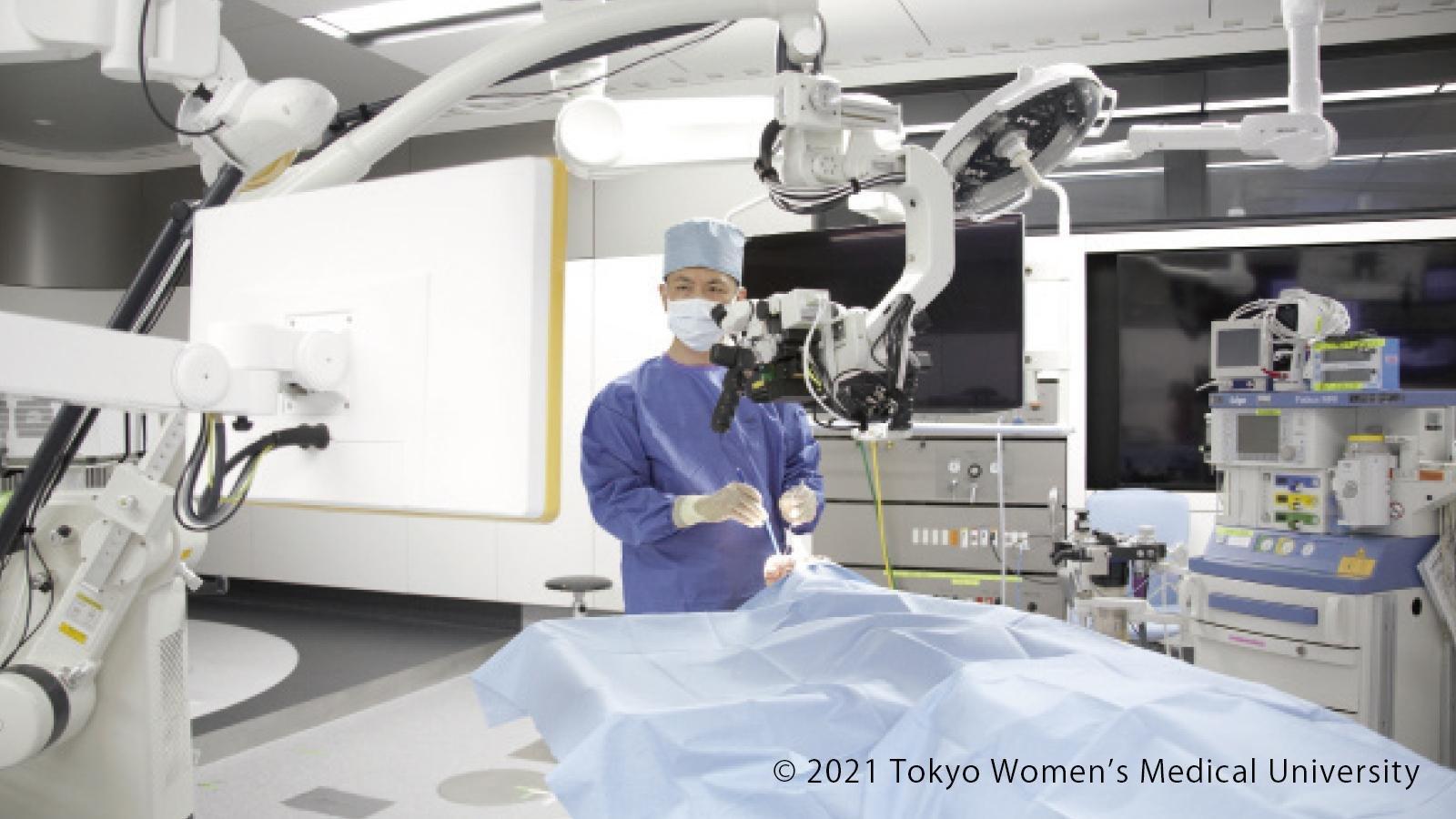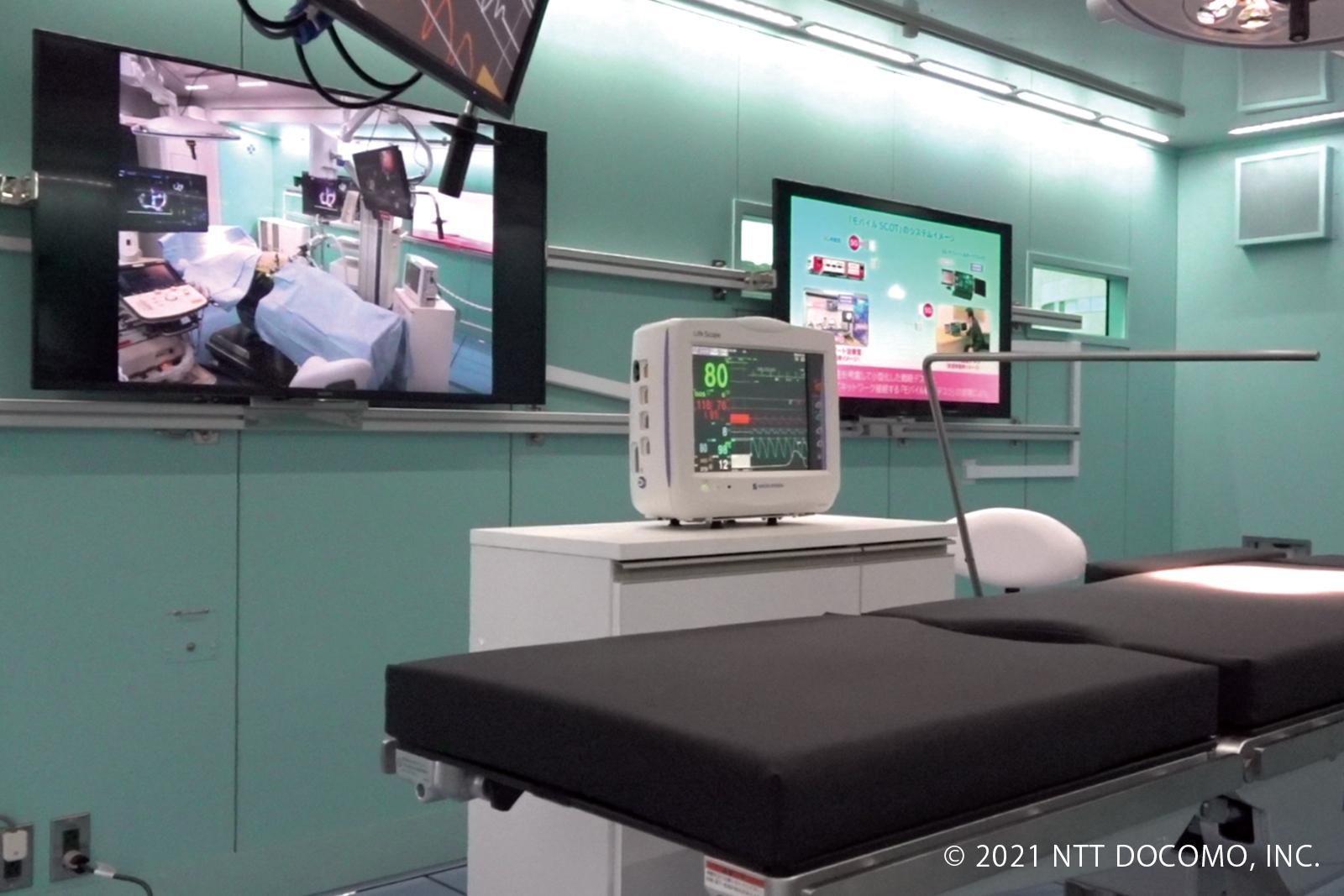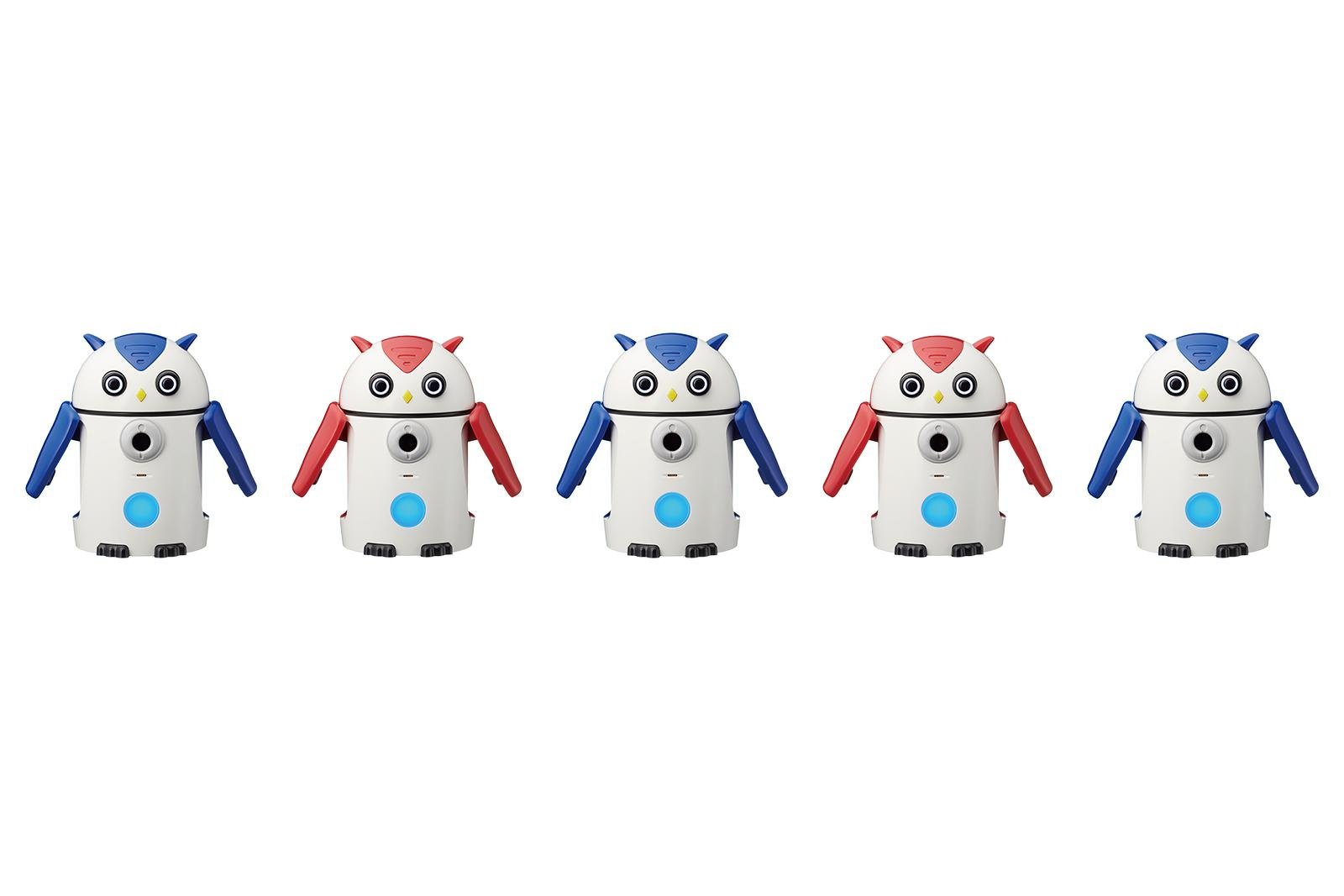5G Networks Are Accelerating Telemedicine

Mobile communications are undergoing a revolution. The TOKYO Data Highway Basic Strategy calls for ultra-high-speed mobile communications systems, and they are being realized with the rollout of the fifth-generation mobile communications system (5G). 5G will offer significant broadband communications and low latency to individual users. 5G also presents tremendous opportunities for organizations working in telemedicine, which is drawing enormous attention in the era of COVID-19.
At Tokyo Women's Medical University, surgeons and engineers have teamed up to create a next-generation operating room that uses the latest networking technology.
With its flat-panel displays, robot arms and automated patient beds, the Smart Cyber Operating Theater® (SCOT®) looks like something from the set of a science fiction movie. Its robotic systems can support surgeons' arms during delicate brain surgery procedures, and automatically help surgeons move the patient for a magnetic resonance imaging (MRI) scan during an operation. Meanwhile, SCOT's middleware interface, OPeLiNK®, gathers data from equipment including a surgical microscope, a surgical navigation system, vital signs monitors, and intraoperative MRI. At the Strategy Desk, the interface integrates and displays the data on large screens in high resolution. The aim is that this cutting-edge technology will support decision-making during the operation and ensure better results after surgery.

Surgeons from the university and its partner organizations used SCOT technology to perform groundbreaking brain surgery on a patient with a neurological disorder. Following on that success, surgeons now want to create a mobile version of SCOT on a truck, and connect it to remote surgeons via NTT DOCOMO's Open Innovation Cloud™. The truck will provide an advanced level of medical care nearly anywhere, and it will be also able to link with veteran surgeons providing support through a Mobile Strategy Desk even on a train.
"We hope that guidance and support from experienced doctors will spread nationwide to reduce regional disparities in medical technology," says an official with the telecom. "We also hope to be able to perform difficult operations with the wisdom of multiple doctors, and to provide remote emergency doctor support in disasters."
Startup companies are also using the 5G network for remote care applications. Tokyo-based Hatapro Inc. has developed a soda can-sized robot that looks like a cartoon owl. Zukku can rotate its head, flap its wings, and use LEDs to light up its eyes. With its microphone, camera, and squeaky voice, the robot can carry on basic conversations, such as asking people about their health. Equipped with AI and 5G, the device can gather health information, flag unusual responses or events, and alert remote caregivers when necessary, all with near-zero communications delays.

With the rapid aging of the Japanese population, more and more elderly people are living alone, but the country also faces a shortage of 320,000 caregivers by 2025. That is where remote care can help.
"Zukku is designed to help monitor people who are alone such as elderly who may require assistance, for instance by checking whether they are taking their medication," says Izawa Ryota, CEO of Hatapro. "We hope to contribute to solving these social issues through technological innovation."
Expectations are growing in Tokyo for the new era of 5G. Remote care, emergency medicine, and surgical support are only some of the healthcare areas that will improve with 5G technologies. Under the TOKYO Data Highway Basic Strategy, which aims to accelerate mobile communications systems and Internet access, digital transformation will benefit various aspects of peoples' lives.




